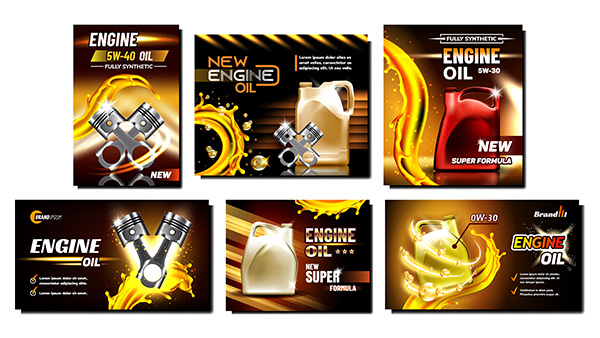
If your car has been on the road for many years and has racked up a lot of miles, it’s likely considered a “high-mileage” vehicle. But what does that really mean for its maintenance? As your vehicle ages, its needs evolve, and giving it the proper care can make all the difference in prolonging its life. One of the most common questions for car owners in this situation is whether high-mileage cars require special maintenance and oil changes. Let's break it down.
What is a High-Mileage Car
First off, what qualifies as a high-mileage car? Typically, any vehicle with over 100,000 miles on the odometer falls into this category. Modern cars are built to last, with many vehicles easily surpassing the 200,000-mile mark when properly maintained. However, as they age, the components inside your car begin to wear out, and this can influence everything from oil changes to other forms of maintenance.
Do High-Mileage Cars Need Different Oil
Cars with higher mileage tend to experience more wear and tear, especially on engine components. As a car's engine ages, seals and gaskets can start to degrade, leading to potential leaks. High-mileage oils are specifically designed to address these issues. They contain seal conditioners that help prevent leaks by keeping seals more pliable, and they may also feature additives that reduce wear and tear on older engines.
High-mileage oil can be beneficial because it:
- Helps reduce oil consumption in older engines.
- Includes ingredients that prevent sludge buildup.
- Helps extend engine life by offering additional protection against wear.
That being said, not every high-mileage car will automatically need this type of oil. It’s best to consult your owner's manual or ask our professional technicians for advice on whether switching to high-mileage oil is right for your car.
Other Maintenance Considerations for High-Mileage Cars
As your car ages, it’s important to adapt your maintenance schedule to the specific needs of a high-mileage vehicle. Below are some crucial areas of maintenance that may need extra attention as your car reaches the later stages of its life.
1. Check for Leaks More Frequently
Older vehicles are more prone to leaks, particularly around the engine and transmission. Keeping an eye out for oil spots on your driveway or garage floor can be a good indicator that something might need your attention. Even a minor leak can cause serious engine damage if left unchecked. It’s a good idea to get these leaks addressed promptly to avoid more costly repairs down the road.
2. Pay Attention to the Timing Belt and Water Pump
If your vehicle has over 100,000 miles, it might be time to replace the timing belt and water pump. These parts are often overlooked, but they play a vital role in keeping your engine running smoothly. A broken timing belt can cause catastrophic damage to your engine, while a faulty water pump can lead to overheating. Checking these components during regular maintenance can prevent sudden breakdowns.
3. Keep an Eye on the Transmission
High-mileage cars are at a higher risk for transmission problems. Regular transmission fluid changes are essential for keeping this vital component running efficiently. If you notice any issues, such as slipping gears or rough shifts, it’s worth having the transmission checked. Preventive maintenance, like fluid changes, can help avoid more expensive transmission repairs later.
Why Oil Changes Are Even More Important for High-Mileage Vehicles
You’ve probably heard it a thousand times—get your oil changed regularly. But for high-mileage cars, this advice becomes even more critical. Here’s why:
Oil Quality Degrades Faster
In older engines, the oil can break down more quickly due to higher temperatures and the presence of contaminants. This means you’ll want to stay on top of regular oil changes to prevent sludge buildup and ensure your engine stays well-lubricated.
Older Engines Burn More Oil
Over time, engines naturally lose some of their efficiency, which may result in burning more oil between changes. This is particularly true for engines with worn seals or gaskets. Keeping an eye on oil levels between changes is crucial to avoid running low on oil, which can cause serious engine damage.
High-Mileage Oils Offer Extra Protection
High-mileage oil changes not only help with preventing leaks but also come with additives that can rejuvenate worn-out components. These additives can reduce friction and wear inside the engine, extending its lifespan.
When Should You Change Oil in a High-Mileage Car?
You might wonder if high-mileage cars require oil changes more frequently. The answer depends on several factors, including the age of your vehicle, how it’s driven, and the type of oil being used. Generally speaking, it’s wise to stick with the manufacturer’s recommended intervals, but some high-mileage vehicles may benefit from more frequent oil changes—around every 3,000 to 5,000 miles if you’re using conventional oil. If you opt for synthetic or high-mileage oil, the intervals can be extended to 7,500 miles or more.
Is your high-mileage vehicle overdue for an oil change or inspection? Visit Tri Star Automotive for expert maintenance tailored to your car's needs. Let us keep your ride running, no matter how many miles it’s covered.